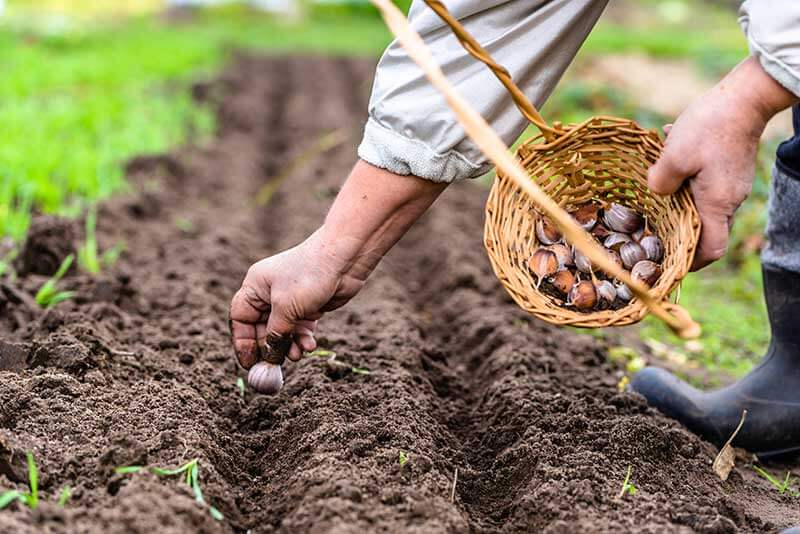Rise of youth agripreneurs: Zim agric in safe hands
YOUTH have positively responded to the Government’s move to integrate into mainstream agriculture by trading suits for overalls and now prefer the open skies environment to confinement in offices as they advance agripreneurship.
An agripreneur can loosely be referred to as a person who starts, organises and manages an agricultural business venture.
The Government has been at the forefront in the drive to incorporate youth in mainstream agriculture through a variety of programmes like access to agricultural land and mechanisation.
President Mnangagwa launched the youth economic empowerment drive through the Provincial Youth Integrated Hubs in the Midlands province in 2022.
Recently, the President handed over 72 tractors and 10 combine harvesters sourced from Belarus with a combined value of US$7,4 million to youths to boost their participation in agriculture.
He also announced a complementary initiative worth US$10 million to set up irrigation systems for Youth Business Units (YBU), as he delivers on his promise to facilitate young people’s participation in the economy.
At the handover ceremony, which took place at the Agricultural Mechanisation Facility in Hatcliffe, Harare, recently, the President pledged to pay 50 percent of the total cost for the cutting-edge equipment from his own pocket.
Leading this transformation is the Federation of Young Farmers Clubs in Zimbabwe (FYFCZ), a fast-growing network that is equipping young people with the skills, support and opportunities to thrive in agriculture.
“We are not waiting for jobs anymore but are creating them. Farming is no longer a backup plan, but it’s now the main plan,” said Mr Edwin Tafadzwa Kudangah, chief executive officer of FYFCZ.
The federation, with over 10 000 active members nationwide, offers technical training, access to markets and mentorship to young farmers by partnering with key stakeholders and bringing pooling resources internally.
“What sets these young farmers apart is their focus on scale, sustainability and branding. From hydroponics to branded free-range chicken, Zimbabwe’s youth are treating farming like a full-scale business,” he added.
The youth now understand that one does not need 100 hectares to succeed, for with the right knowledge and market access, even one hectare can be a gold mine.
“In the heart of Zimbabwe’s farming heartland, a new conversation is taking root: the need for effective succession planning to ensure the future of agriculture.
“At just 26 years of age, Miss Rufaro Chikata, the new chief executive officer of Kutenda Farm in Macheke, is demonstrating why preparing the next generation to take over family farms is no longer optional but an essential,” the FYFCZ boss disclosed.
Miss Chikato said this was her second year in agribusiness on her parents’ A1 farm, though she rents some land from other beneficiaries.
“I started a piggery project by buying weaners and now I have a 13-sow unit. I planted three hectares of tobacco in the 2024/25 season and now I plan to expand to seven hectares in this coming season,” she said.
Kutenda Farm also does maize and plans to introduce horticulture with onions this winter. She plans to take the family business to higher levels as she targets an investment in a meat processing plant.
“Farming gave me freedom and now I earn more than I would in a desk job. I supply restaurants and supermarkets in Harare and employ four full-time and 11 part-time workers,” she proudly said.
Early involvement, structured mentorship, formal education and exposure to markets are key ingredients in her successful succession planning. FYFCZ plans to launch an agripreneurship incubator later this year, focusing on youth-led innovations in food systems, value addition and agritourism.
Agripreneurship bridges the gap between the primary and secondary markets, allowing producers to gain directly from their product without the use of middlemen.
The main cause for the stagnant growth of countries that heavily depend on agriculture is the lack of ability to turn their farming activities into a business.-herald











